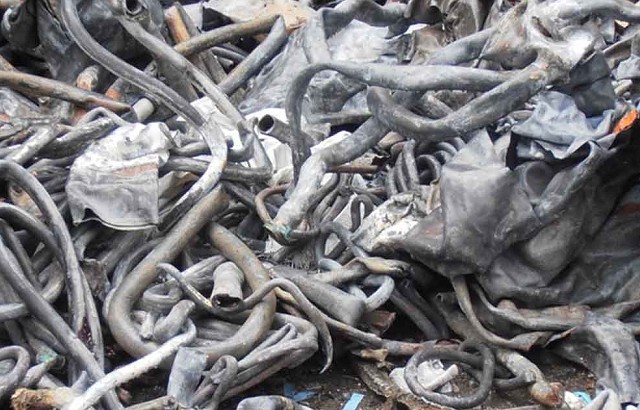Can lead be recycled?
Lead is not only a recyclable metal, but it also boasts some of the highest recycling rates of all materials commonly used today. In fact, more lead is now produced through recycling than mining.
With innate properties such as softness and malleability that make it highly valuable and usable in a wide variety of applications, lead lends itself perfectly to reuse. Recycled lead is no different from recently sourced metal in terms of quality and can often be reused without limits. Furthermore, lead-based products are easily identifiable, allowing for a relatively simple collection and recycling process.
As a result, the growing demand for secondhand lead has supported the growth of a healthy recycling industry in the UK in recent years.
CAN BATTERIES BE RECYCLED?
Approximately 85% of the lead used today is found in batteries (often lead-acid batteries), all of which can be recovered and recycled for use in new products.
Battery disposal is now a highly regulated area, with strict controls stipulating their separation from the household waste stream and landfills. This is because batteries, when dropped or burned with other waste, can release harmful chemicals (such as mercury, cadmium, and lead) into the local environment.
WHY RECYCLE BATTERIES?
In addition to reducing pollution that has the potential to harm people, animals, and the environment at large, there are numerous commercial benefits to battery recycling.
Most importantly, lead is a limited resource, a naturally occurring material that can only be extracted at substantial financial and environmental cost. Burying or burning these valuable resources is extremely uneconomical, to say the least.
With every battery having the potential to be reused in a new product, it is now estimated that approximately 74% of all lead used in the US and Europe is produced through recycling processes.
UK legislation also requires manufacturers and distributors to ensure that batteries are collected and reused whenever possible, and failure to do so can result in fines.
